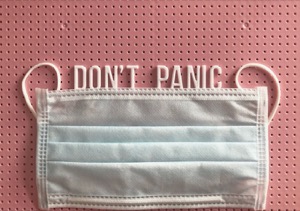- Free Consultation: (240) 206-6002 Tap Here To Call Us
Coronavirus and Foreclosures Sales and Eviction

Don’t fall into a trap by those who suggest that you do not have to pay your mortgage. You do. The issue is, if you cannot pay your mortgage, what you can do to prevent foreclosure.
On March 18, 2020, President Trump announced that he was implementing steps to halt foreclosures, sales and evictions until the end of April. Click here to read the article. The Federal Housing Finance Agency said that the halt on foreclosure would last at least sixty-days. Stopping foreclosures, sales or evictions does not allow you to stop paying your mortgage.
The real question is whether banks and servicers will stop filing foreclosures, selling properties or evicting people. Maryland has ordered that all sales and evictions are stopped.
In my blog Coronavirus and Foreclosure, I explained some of the differences and similarities between the 2008 Great Recession and the Coronavirus pandemic. The 2008 Great Recession is over, so there is a body of knowledge and attitude upon which to draw. However the Coronavirus Pandemic is evolving on an hourly basis, so understanding the impact on foreclosure is limited.
The main difference between 2008 and today is that neither the homeowner nor the lenders did anything to cause the pandemic. I say this because your good faith actions may count for a lot if you get into trouble. Accordingly, make whatever effort is necessary to keep current with your mortgage.
The second difference may lie in the attitude of the judges. In 2008, I constantly heard judges say “If I can pay my mortgage then you can pay yours.” That attitude started to change when judges’ family, friends, or the judge herself started to have problems. In 2020 everyone will be affected. I believe that a judge will be more inclined to favor the homeowner who acts in good faith, as opposed to the homeowner who ignores the problem.
My best, and more to come, Jerry Solomon




